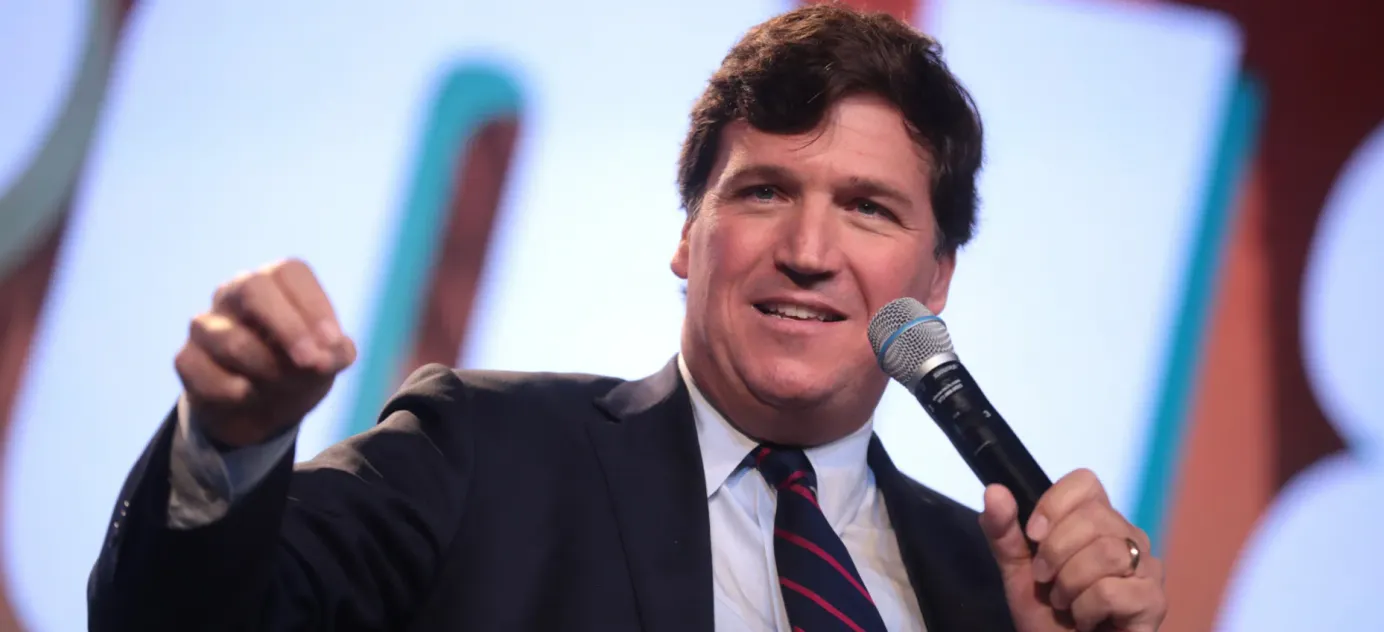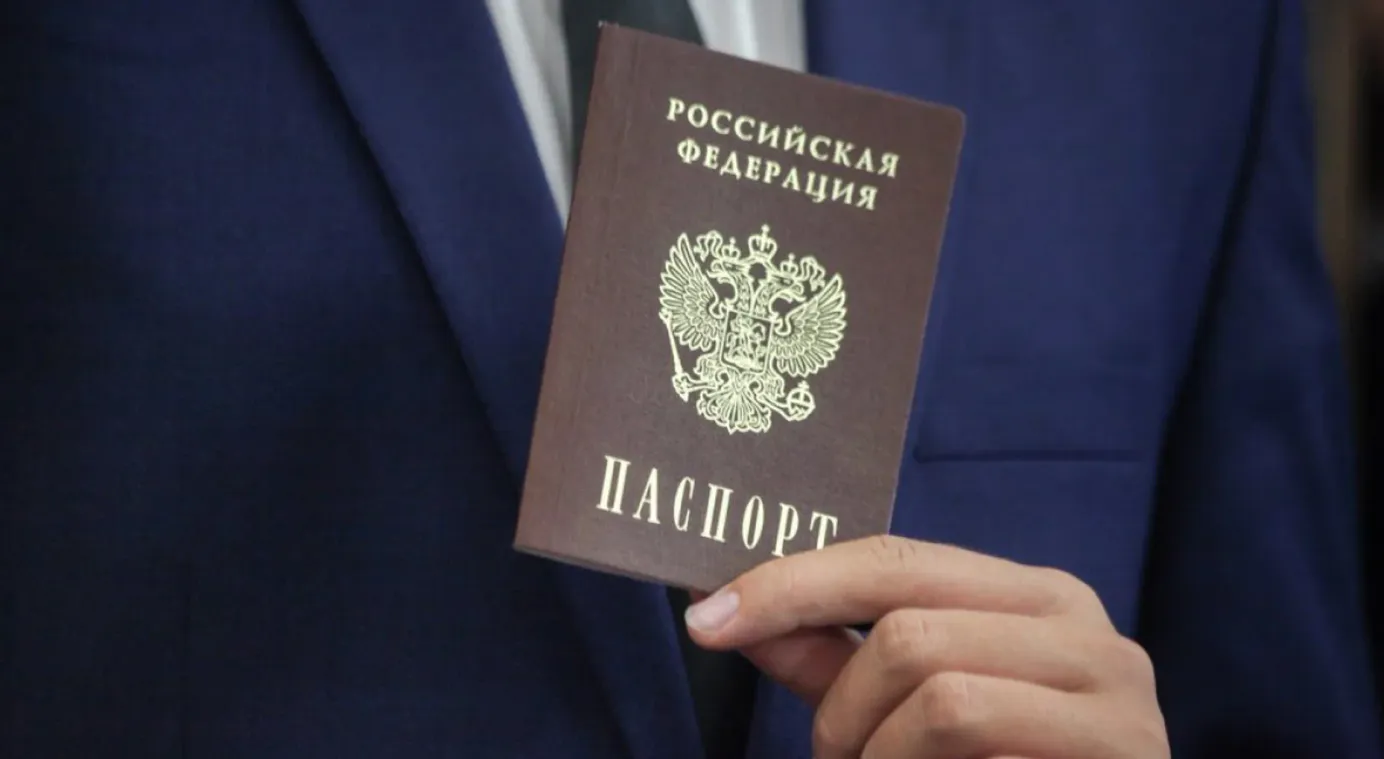
How Russia fell in love with Tucker Carlson
Conservative journalist Tucker Carlson’s visit to Moscow prompted an unprecedented furore among Russian propagandists. Carlson, an active supporter of Donald Trump and an enthusiastic promoter of conspiracy theories, became the first Western journalist to interview Vladimir Putin since the invasion of Ukraine. Putin told him nothing new, but the president's supporters and propagandists hailed the two-hour conversation as a breakthrough for the Russian leader in the west.
- Moscow’s propaganda machine followed Carlson's every move in Moscow with more than 2,000 news reports written about his visit. The Telegram channels of pro-Kremlin sources were fascinated by any tiny detail — from his trips to a supermarket and the Russian equivalent of McDonald’s, to taking in Spartacus at the Bolshoi Theater and an exhibition of Russia’s “achievements” under Putin. They wrote about him being invited onto a late-night show on Russian TV and even what he had for breakfast at his hotel. The whole situation quickly became a meme. Russian internet users were quick to mock how a visit from an American journalist was suddenly more important than the war in Ukraine and just how much significance was being placed on a foreign visitor to Moscow.
- The Russian establishment fell for Carlson, if only for his views and his support of former President Donald Trump. Carlson, whose show on Fox News was cancelled without explanation last year, has used his platform to cast doubt on global warming, rail against how the 2020 presidential election was “stolen” from Trump, support anti-LGBT legislation and criticize the Black Lives Matter movement. The latter holds special resonance in Russia, where propagandist-in-chief Margarita Simonyan insists that the country opposes a “woke religion.”
- It's no surprise that Carlson, who has described the war with Ukraine as a “border dispute” was granted an interview with the president. Carlson was the first Western journalist to speak with Putin since the start of the war, with the Kremlin refusing similar requests from other Western reporters. For example, the BBC's Moscow correspondent Steve Rosenberg said that he and his colleague had repeatedly requested interviews with the Russian leader over the past 18 months without success.
- Carlson's two-hour interview with Putin contained no surprises. The Russian president took the opportunity to reprise some of his greatest hits. In a lengthy section at the start of the exchange he detailed his interpretation of the history and creation of Ukraine, going as far as to hold up archive letters from 17th century military commander Bogdan Khmelnitsky and hand Carlson a dossier of papers to support his claims. Eventually arriving at the present day, Putin repeated his complaints that it was impossible to negotiate with the Ukrainian government and called on Washington to cease its military support for Kyiv.
- The most unexpected moment came when Carlson asked if Putin would release jailed Wall Street Journal reporter Evan Gershkovich as a goodwill gesture. Putin suggested that Russia would be willing to exchange Gershkovich with Vadim Krasikov, sentenced to life in prison in Germany for the murder of Chechen separatist commander Zelimkhan Khangoshvili, who fought against Russia in the 2000s. A German court ruled that Krasikov killed Khangoshvili in Berlin on the order of Russia's intelligence services, who supplied him with forged documents.
- Putin's puppets lapped up the interview. “It was the best two hours I've spent in front of the TV,” wrote pro-Putin rapper Timati. Russian MP Alexei Chepa even called the interview a “global event.” Tucker himself described Putin as an intelligent man but admitted straight after the interview that it would probably take him at least a year to “decide what that was.”
Why the world should care:
For a week, Tucker Carlson found himself Russia’s most popular foreigner in the eyes of Kremlin propagandists and the Russian public. The surge of attention paid to an American visiting Russia underlines how urgently the Kremlin wants to be heard in the west – even if it has nothing new to say.




